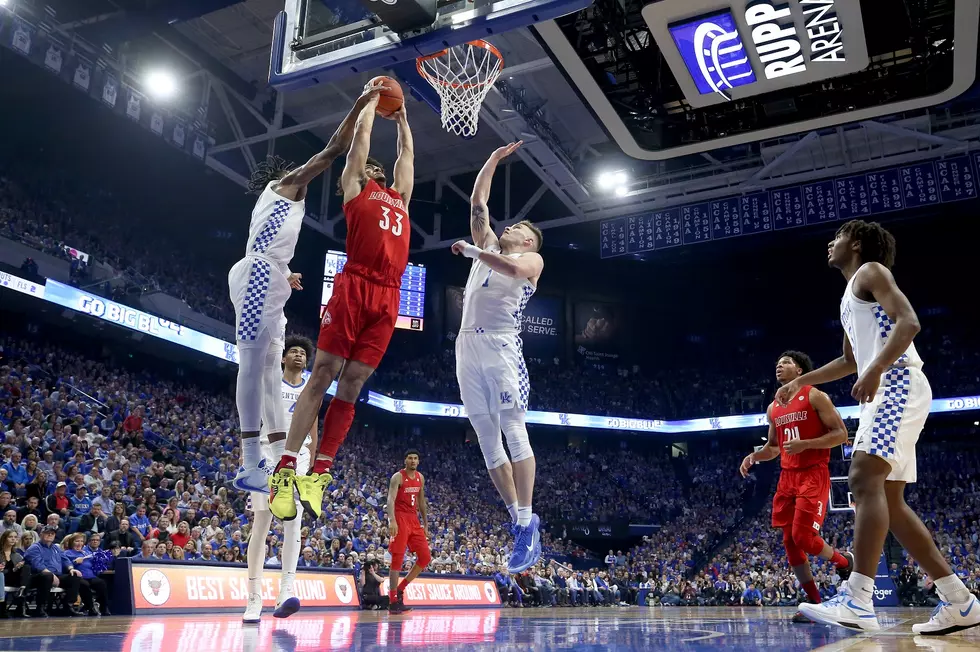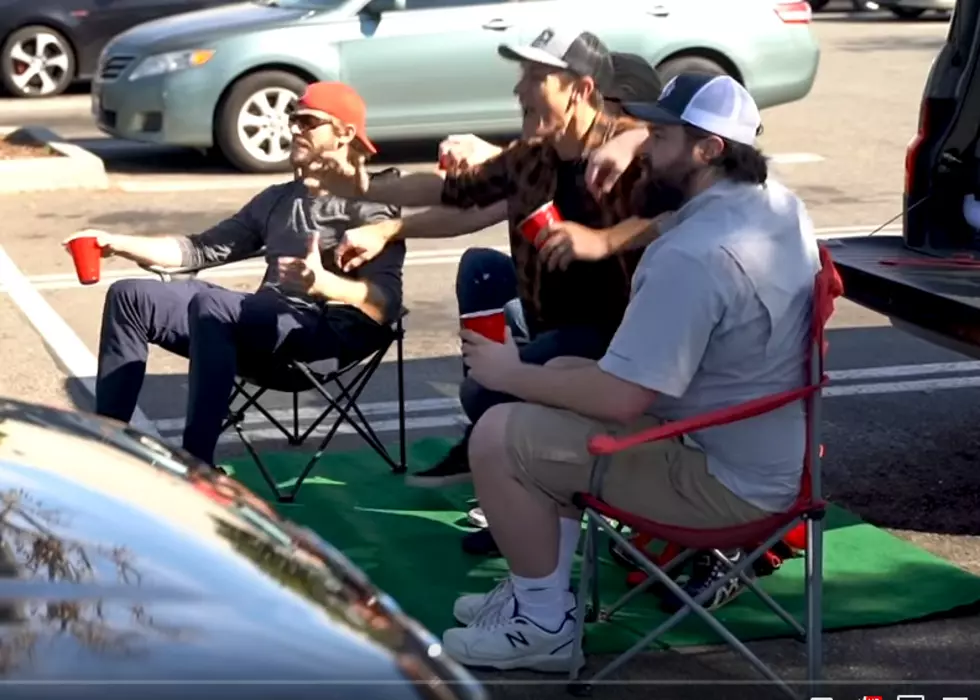
Five Items That Should Never Be Thrown In The Trash (VIDEO)
We are all guilty of wanting immediate access to disposal of trash when we are finished with it. There are a lot of families that recycle but what about the families that don't? There is a list of items you should NEVER throw in the trash.
According to Kentucky Farm Bureau Insurance Blue Prints;
Light bulbs
Consumers should refrain from tossing CFL and fluorescent bulbs in with household trash. In fact, it’s illegal in several states to dump these bulbs due to them containing a small amount of mercury, according to the EPA. Properly disposing of these items is easy, as most local home improvement stores offer convenient drop-off options. Another bonus? Virtually all components of a fluorescent bulb can be recycled, so disposing of them properly allows the reuse of glass, metals, and other materials.
However, regular incandescent and LED bulbs CAN be disposed of in your household trash. Just take extra precautions to protect you or your sanitation worker from broken shards by placing the bulb in a protective layer, such as a used cereal box.
Old or used electronics
We live in a world full of smartphones, tablets, TVs, and computers. In this quickly evolving digital age, it’s not uncommon to replace these devices every few years. But what should we do with the old ones? Used or obsolete electronics (often referred to as e-scrap) can contain hazardous components that are detrimental to human and environmental health, and they need to be dealt with safely. Electronic retailers, like Best Buy, often have e-waste programs at their brick and mortar locations. For your convenience, The Kentucky Energy and Environment Cabinet has compiled this list of e-scrap recyclers in the Commonwealth.
Batteries
Outside of California, it is legal to throw single-use alkaline batteries in your regular trash. However, environmentalists strongly encourage you to recycle them instead. Single-use dry-cell batteries are the ones you use to power common household items like remotes, flashlights, and toys (e.g. AA, AAA, 9V, and D-cells). If you are interested in voluntarily disposing of alkaline batteries, click here to find a recycling center near you.
Lithium-ion and rechargeable batteries are a very different story. Placing batteries in your recycling and trash containers can cause a dangerous situation. When these batteries break, they can spark fires. According to the regional waste management company Rumpke, this scenario actually caused more than a dozen fires at their Ohio-based recycling facilities in 2017 alone. The company continues to see numerous truck fires each year. Proper disposal of this type of battery is imperative. Luckily, popular retailers like Home Depot and Lowe’s often serve as a collection center. To find other options near you, click here.
Oil
According to the Kentucky Department of Environmental Protection, the 4 million gallons of oil thrown away every year in Kentucky could be turned into heating oil for more than 5,000 homes. That’s right -- re-refining used oil makes it as good as new. So if you change your own motor oil at home, listen up! Used oil is not only 100% recyclable, but it is also dangerous if improperly disposed of. The used oil from one oil change can contaminate one million gallons of fresh water, according to the EPA. That’s a years’ supply for 50 people! Needless to say, it’s very important to dispose of or recycle your used oil appropriately.
When changing your oil, carefully collect it in a leak-proof container to take to a collection center. Many auto service retailers will take your used oil for free. If you need help finding an oil recycling location in your area, contact the Kentucky Division of Waste Management at (502) 564-6716.
Paint
If you’ve got leftover paint, chances are a local organization can find a good use for it. Try donating it to a community association, theatre company, church group or other local organization, such as Habitat for Humanity. Aside from donating, there are a few options for your half-used cans of paint:
- For water-based (latex) paint, recycling may be an option where you live by taking it to a transfer station. These stations mix all kinds of leftover paints to create new colors, which can then be used for community projects. According to Earth 911, using one gallon of recycled paint instead of new keeps 115 pounds of carbon dioxide out of the air.
- Oil-based paint can’t be recycled, which means you’ll need to use a household hazardous waste (HHW) program (click here to find the HHW program nearest you). If your community doesn’t offer HHW collection, Earth 911 recommends drying out the paint using kitty litter and/or shreds of newspaper and then disposing of it in your trash.
If your family is thinking you may like to recycle here's the list of items banned in Landfills State by State.

More From WOMI-AM



![Eli Young Band Heading to Victory Theatre in Evansville [VIDEO]](http://townsquare.media/site/76/files/2020/02/gettyimages-452695942-594x594.jpg?w=980&q=75)

![What’s Cookin’? Kentucky Legend’s Tortellini Alfredo [Recipe]](http://townsquare.media/site/76/files/2020/02/A44.jpg?w=980&q=75)

![Panama City Getting New “Ninja Warrior” Playground [Video]](http://townsquare.media/site/76/files/2020/02/A43.jpg?w=980&q=75)

